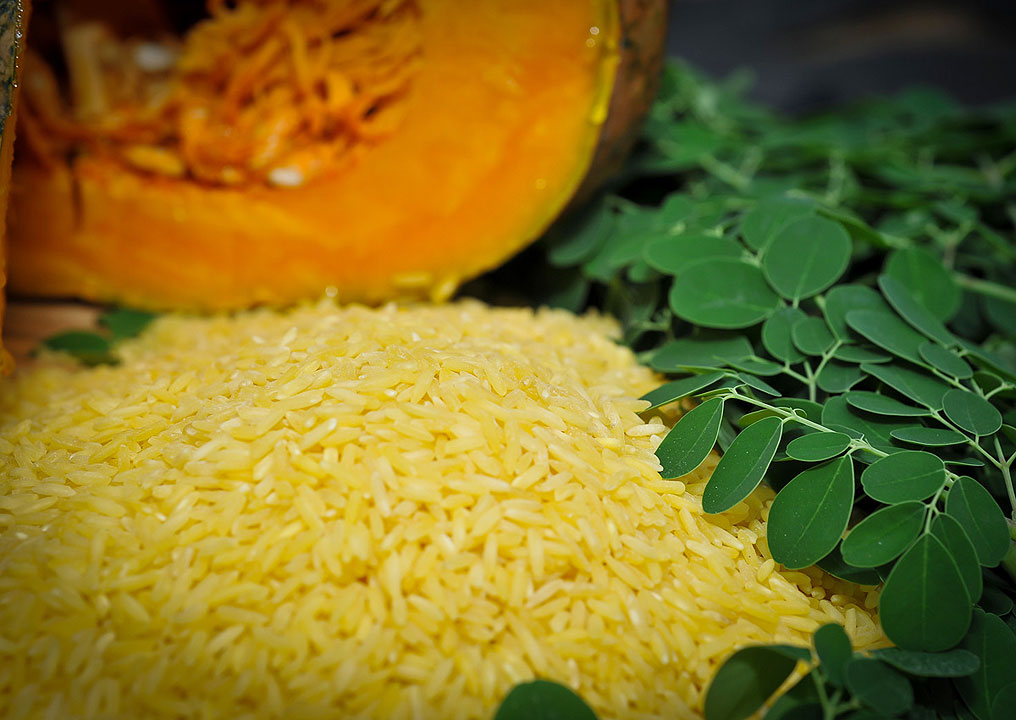Context:
Recently, the Philippines’ Court of Appeals revoked biosafety permits for commercial propagation of Golden Rice.
Major reasons behind the revocation:
- In 2021, the Philippines became the first country to approve commercial production of the rice variety. However, non-profit organisations such as Greenpeace and local farmers protested against it.
- Precautionary Principle: The court took a precautionary approach due to the lack of conclusive, long-term scientific evidence on the potential health risks of consuming Golden Rice.
While no immediate harm was proven, the court emphasized the need for more research to guarantee safety for future generations. - Environmental Risks: Concerns about the potential for Golden Rice to cross-pollinate with native rice varieties and potentially disrupt ecosystems were also a factor.
- Public Anxiety: Public anxieties surrounding GMOs, fueled by incomplete information and fears of unforeseen consequences, likely influenced the court’s decision.
Golden Rice:

- It was first developed by Ingo Potrykus (Switzerland) and Peter Beyer (Germany).
- It is so named because of its rich yellow colour and was genetically engineered to contain higher levels of the micronutrients iron and zinc in the grains while also producing beta-carotene, a precursor to vitamin A.
- The Golden Rice variety is designed to combat vitamin A deficiency, which is prevalent in developing countries.
- It was developed to address blindness, immune deficiencies, and mortality linked to vitamin A deficiency.
- It contains genes from maize and the bacterium Erwinia uredovora, enabling the production of beta-carotene in its grains, which the body converts to vitamin A.
- Golden Rice offers a nutritional enhancement to populations relying heavily on rice.
- The initial version (GR1) was improved to GR2, featuring higher beta-carotene levels.
- Approved for cultivation in countries like the Philippines and Bangladesh, its adoption faces regulatory, ethical, and opposition challenges from anti-GMO advocacy groups.
- Offers a potential solution for biofortification, enriching staple foods with essential nutrients.
Implications of revocation:
- The decision raises questions about the future of GM technology in agriculture, particularly in developing nations.
- It highlights the importance of public engagement, scientific transparency, and addressing safety concerns before the widespread adoption of GM crops.

